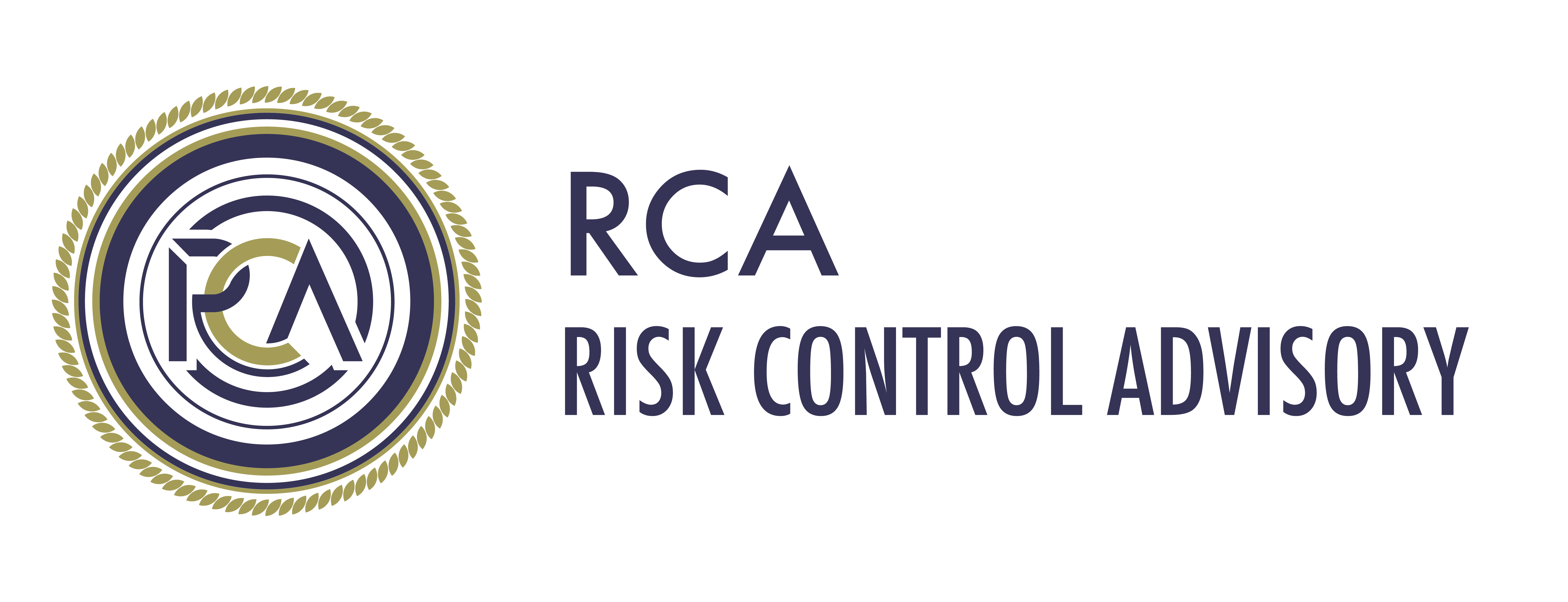HACCP – Hazard Analysis and Critical Control Points

HACCP – Hazard Analysis and Critical Control Points
The implementation of effective food safety measures is essential to ensure the quality and integrity of food products throughout the supply chain.
HACCP (Hazard Analysis and Critical Control Points) certification is a systematic approach that helps food companies identify, evaluate and control food safety risks .
Developed by the Codex Alimentarius Commission and widely recognized internationally, HACCP certification provides companies with a framework to proactively manage risks to food safety, thus safeguarding the health of consumers and improving the general level of safety.
RCA experts are able to offer experience and competent support to certify the food safety of food products throughout the supply chain, demonstrating the regulatory compliance with HACCP standards.
Why HACCP certification?
1. Risk reduction: HACCP certification allows companies to systematically identify and mitigate potential hazards at critical points in the food production process, minimizing the risk of contamination and foodborne illnesses;
2. Compliance: HACCP certification demonstrates compliance with food safety regulations and standards imposed by regulatory authorities and industry organizations. Helps companies comply with legal requirements and avoid costly fines or product recalls;
3. Improving reputation: By adhering to internationally recognized food safety standards, companies can improve their reputation and credibility with consumers, suppliers and stakeholders;
4. Market access: HACCP certification is often a prerequisite for accessing global markets and establishing business relationships with international partners;
5. Continuous improvement: The HACCP approach emphasizes the monitoring and verification of food safety measures, thus promoting a culture of continuous improvement within the organization;
6. Cost savings: Proactive management of food safety hazards through HACCP certification can lead to cost savings by reducing the incidence of product recalls, compensation claims and regulatory fines . It also minimizes the potential for production disruption and loss of consumer confidence;
7. Customer trust: Consumers prioritize food safety when making purchasing decisions. HACCP certification provides assurance that products have been manufactured under rigorous quality control measures, thus increasing consumer confidence;
8. Supply chain integration: HACCP certification encourages collaboration and alignment of food safety standards throughout the supply chain. This facilitates interactions with suppliers and guarantees constant quality throughout the production process.
Demonstrates the integrity of production processes and compliance with food safety regulations.
Questions? write to us
Il futuro della tua azienda comincia qui. Clicca per entrare in contatto con RCA. Prendi la decisione giusta, adesso!


